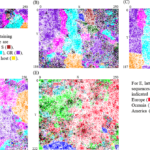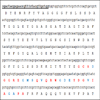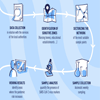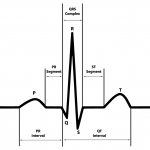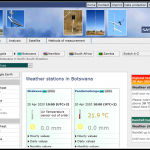
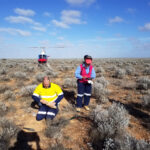 Title: Towards Globally Unique Identification of Physical Samples: Governance and Technical Implementation of the IGSN Global Sample Number Author: Jens Klump, Kerstin Lehnert, Damian Ulbricht, Anusuriya Devaraju, Kirsten Elger, Dirk Fleischer, Sarah Ramdeen, Lesley Wyborn URL: http://doi.org/10.5334/dsj-2021-033 |
|
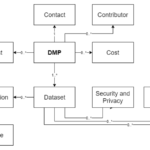 Title: Application Profile for Machine-Actionable Data Management Plans Title: Application Profile for Machine-Actionable Data Management PlansAuthor: Tomasz Miksa , Paul Walk, Peter Neish, Simon Oblasser, Hollydawn Murray, Tom Renner, Marie-Christine Jacquemot-Perbal, João Cardoso, Trond Kvamme, Maria Praetzellis, Marek Suchánek, Rob Hooft, Benjamin Faure, Hanne Moa, Adil Hasan, Sarah Jones URL: http://doi.org/10.5334/ds,j-2021-032 |
|
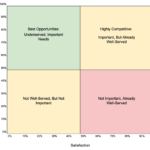 Title: A Survey of Researchers’ Needs and Priorities for Data Sharing Title: A Survey of Researchers’ Needs and Priorities for Data SharingAuthor: Iain Hrynaszkiewicz, James Harney, Lauren Cadwallader URL: http://doi.org/10.5334/ds,j-2021-031 |
|
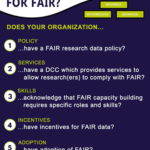 Title: Do I-PASS for FAIR? Measuring the FAIR-ness of Research Organizations Title: Do I-PASS for FAIR? Measuring the FAIR-ness of Research OrganizationsAuthor: J. Ringersma , M. Miedema URL: http://doi.org/10.5334/ds,j-2021-030 |

